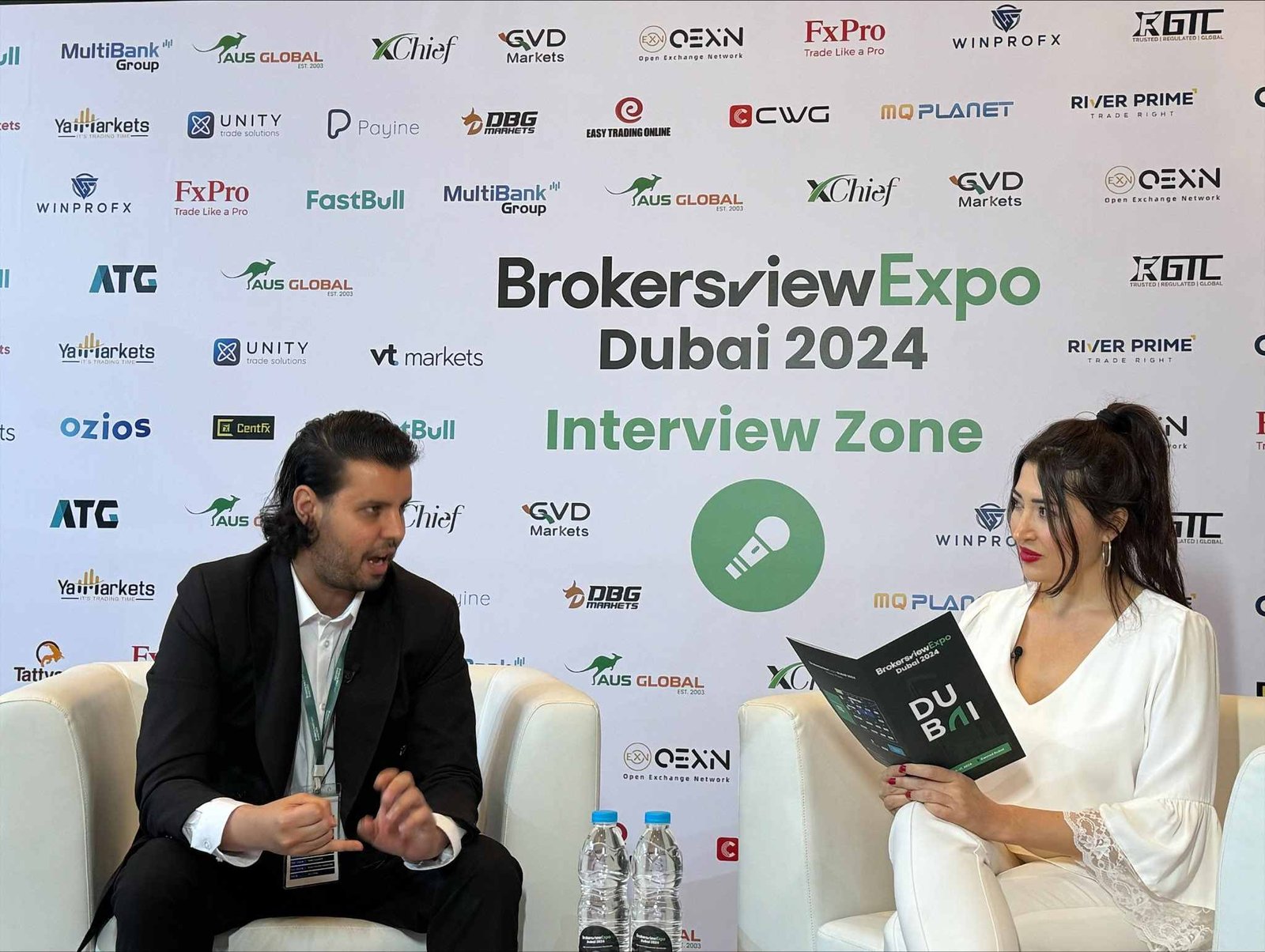The Ever-Changing Forex Market and the Role of Brokers
The foreign exchange (forex) market, renowned for its volatility and 24/5 trading schedule, presents both opportunities and challenges for traders. At the heart of this dynamic environment are forex brokers, acting as intermediaries connecting traders to the global currency markets. A broker’s role extends beyond simple order execution; it encompasses providing access to trading platforms, market analysis tools, and crucial information like breaking forex news that can impact trading decisions.

Innovation in Trading Platforms: From MT4 to API-Driven Solutions
The evolution of forex trading platforms has been significant. While platforms like MetaTrader 4 (MT4) remain popular due to their familiarity and extensive library of indicators, brokers are increasingly embracing technological innovation to enhance the trading experience. This includes developing proprietary platforms with intuitive interfaces, advanced charting capabilities, and seamless integration with mobile devices. Furthermore, many brokers are offering Application Programming Interfaces (APIs), enabling sophisticated traders to automate their strategies and connect to the market directly, bypassing the traditional platform interface.
The Rise of Social Trading and Copy Trading: Leveraging Community Wisdom
A major trend shaping the forex industry is the emergence of social trading and copy trading. These features, often integrated directly into the broker’s platform or offered through affiliated services, allow novice traders to learn from and even automatically replicate the trades of more experienced traders. This creates a ‘follow me’ dynamic and a sense of community. Forex brokers facilitate these ‘follow me’ trading communities by ranking traders based on performance metrics, risk scores, and follower counts, empowering users to make informed decisions about whom to follow. This “intelligent copy trading” is not without risks; however, brokers that offer risk management tools and comprehensive performance tracking help mitigate these concerns.
Ensuring Funds Security and Regulatory Compliance
Fund security remains paramount in forex trading. Reputable forex brokers adhere to strict regulatory guidelines set by respected financial authorities. Regulation ensures that brokers maintain adequate capital reserves, segregate client funds from their own operational accounts, and adhere to transparent business practices. Traders should always verify a broker’s regulatory status and choose brokers licensed by well-regarded bodies to safeguard their investments. Security measures beyond regulation, such as two-factor authentication and encryption of personal data, are also crucial for protecting against cyber threats.
Enhanced Trading Experience Through Advanced Tools and Education
Beyond platform features and social trading capabilities, brokers are enhancing the overall trading experience through advanced analytical tools and educational resources. Real-time market news feeds, economic calendars, and in-depth market analysis reports empower traders to make informed decisions. Educational resources, such as webinars, tutorials, and articles, help traders develop their skills and knowledge. The availability of demo accounts allows traders to practice strategies and familiarize themselves with the platform without risking real capital.
The Future: AI-Powered Trading and Personalized Brokerage Services
Looking ahead, the future of forex trading is likely to be shaped by further advancements in artificial intelligence (AI). AI-powered trading algorithms can analyze vast amounts of market data to identify potential trading opportunities and manage risk more effectively. Brokers are exploring ways to leverage AI to provide personalized trading recommendations and automated portfolio management services. As technology continues to evolve, forex brokers must adapt and innovate to meet the changing needs of traders and ensure a secure, transparent, and rewarding trading experience.
Navigating the Forex Landscape: Choosing the Right Broker
Choosing the right forex broker is a critical decision. Traders should consider factors such as the broker’s regulatory status, platform features, trading fees, customer support, and the availability of educational resources and innovative tools like copy trading functionalities. By carefully evaluating these factors and understanding the evolving landscape of forex trading, traders can make informed choices and position themselves for success in the global currency markets. The availability of a robust API is also crucial for more advanced traders looking to automate their strategies.
